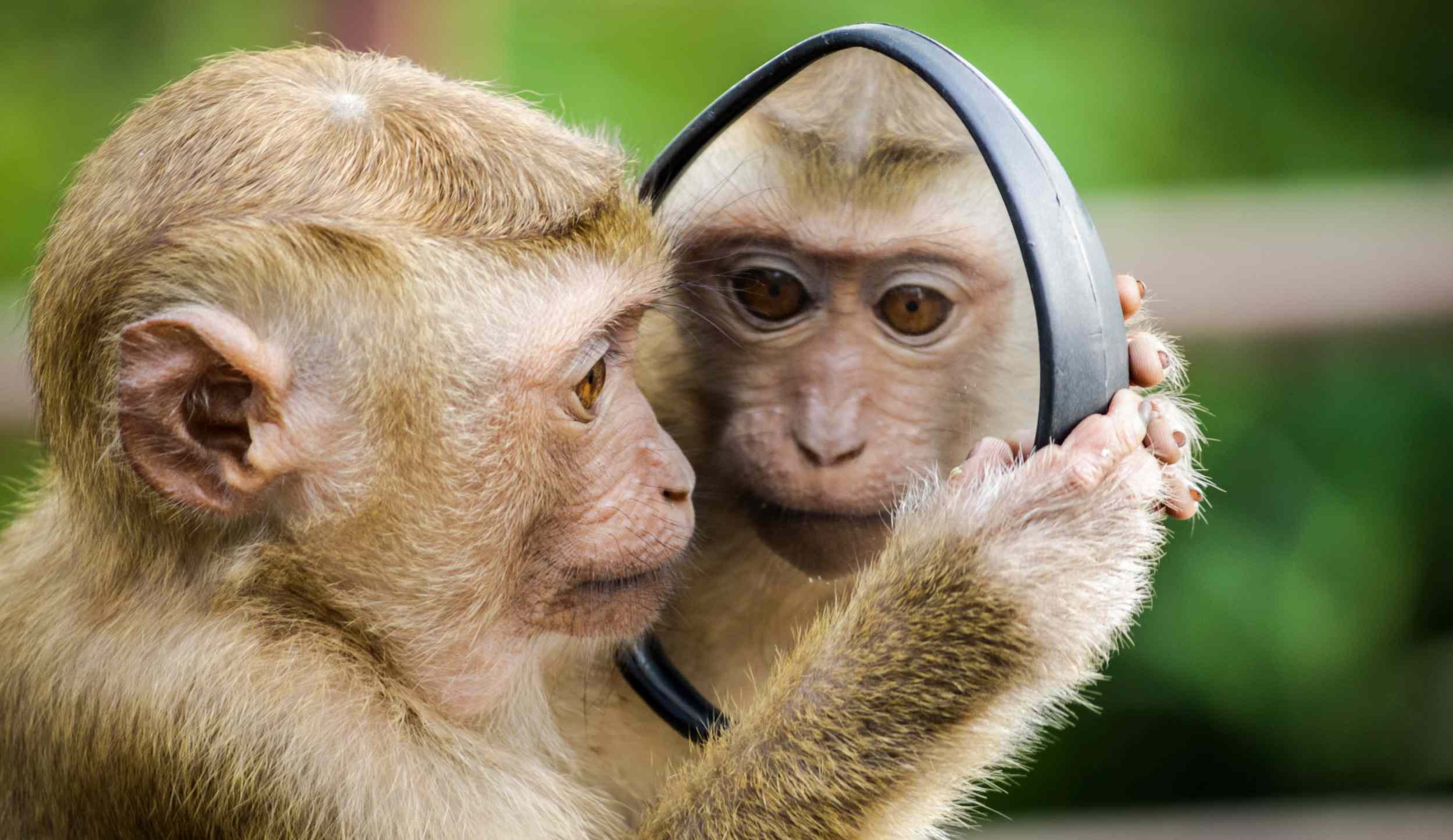
I still have imposter syndrome.
It’s that crippling feeling of inadequacy. When you know you’ve done the best you could but that still isn’t good enough. That mindset and feeling of being swept by a tide of your own insecurities, helpless to the waves of believing you’re not enough.
My own experiences with imposter syndrome started when I immigrated to America when I was three. As family responsibilities of being my family’s sole translator stacked up, I felt like an utter disappointment when I couldn’t comprehend medical bills and fill out tax returns. I failed my family, my parents, but also myself.
These feelings continued throughout high school. Flares of incompetency came and went as I sat in honors and AP courses. However, these feelings reached new heights after my college decisions were all released.
You would think that they would go away since getting into “elite” institutions is the ultimate validation someone can have. Wrong.
The thing to understand about imposter syndrome is that it doesn’t matter what you’ve accomplished. It’s what you haven’t done that’s always at the forefront of your mind. It has a nasty way of continuing this never-ending negative feedback loop. First, you compare yourself to other amazing and successful people. Then, you start feeling inadequate when compared to them (even if they are in a completely different industry that you have no interest or skills in) and feeling immense self-doubt and inferiority. Finally, sometimes it pushes you to try to “catch up” to everyone else because you feel like you’re miles behind.
These feelings amplified as I was surrounded by peers who are Olympic athletes, New York Times best-selling authors, and international science fair winners. There was always someone better than me at something, whether it’s applied math, astrophysics, or blogging.
I honestly didn’t know what to do. Even though these feelings of imposter syndrome weren’t new, they reached new heights. It’s these feelings that pushed me to work to “catch up” to them. The internalization of inferiority forced me beyond my limits this summer to write for a publication, intern at multiple startups, and starting my own non-profit.
It was only then when I couldn’t push myself any further that I didn’t feel imposter syndrome anymore. For once, I was beyond proud of myself and my accomplishments.
However, that’s when I had the cruel reality check that if it took working from 9 a.m. to 2 a.m. every day this summer to feel content with myself, was that really confidence?

